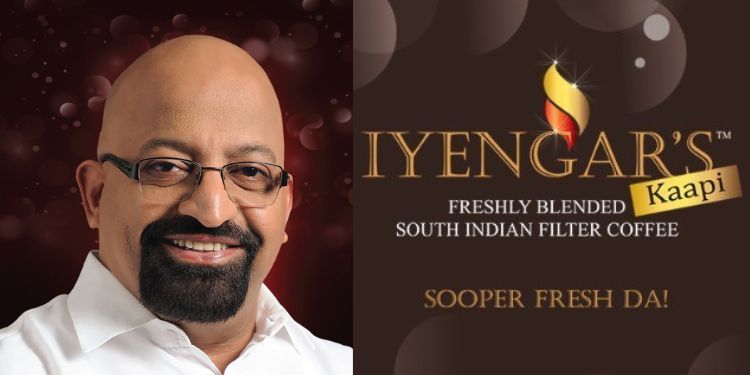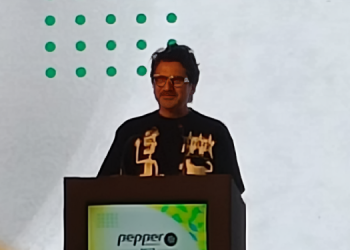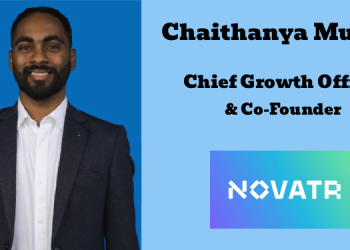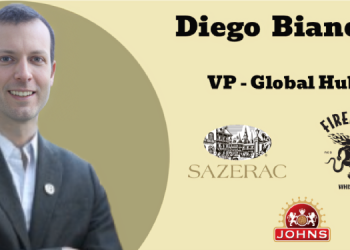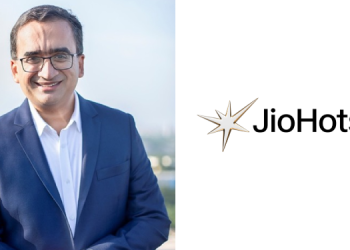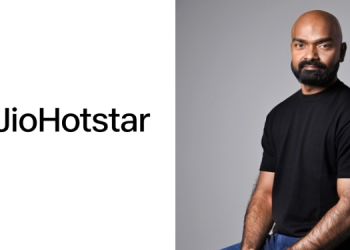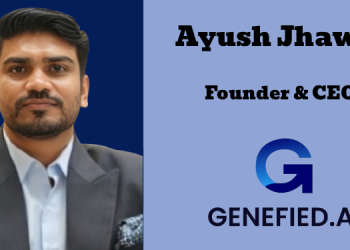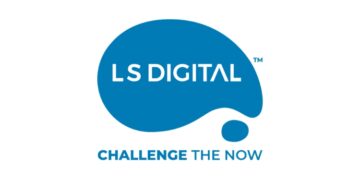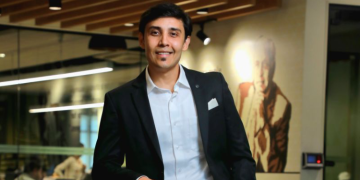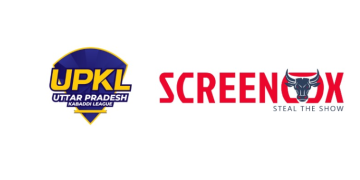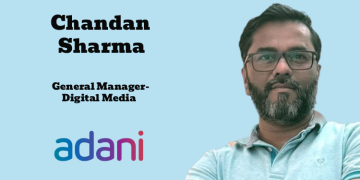An ad-man who turned to CRM and direct marketing over three decades ago, Ramesh Iyengar was also in the top 50 from among 35,000 contestants at MasterChef India Season 2 (2011). If there were two passions that defined his life, one would be direct marketing and the other, culinary pursuits.
The chef and certified baker has been making artisanal, preservative-free Pattu’s Kitchen Avakkai pickles for his friends since 1999, even while judging the Direct Lions competition at the Cannes Lions International Festival of Creativity (four times) and being inducted into the DMAi Hall of Fame. He was the first inductee to receive the latter honour in 2012.
The idea of Iyengar’s Kaapi, a brand of freshly blended, ready-to-drink South Indian filter coffee, was born in November 2021. By May the next year, Iyengar had a 15-member team in place catering to the corporate crowd at the bustling Bandra Kurla Complex in Mumbai, serving hot coffee in vacuum flasks of 350 ml (Rs.315 plus taxes) and 500 ml (Rs. 365 plus taxes). In three months from now, Iyengar’s Kaapi is eyeing a presence in Lower Parel.
According to the founder, in Mumbai, where time is of essence, people are ready to pay for convenience. Yet the attempt has been to keep the pricing reasonable.
Tracing the origins of the brand, he explains, “I went through three business models which got debunked for some reason or the other. My mother-in-law Leela Shirodkar loves the coffee I make and suggested we do the business of marketing my coffee. A week later, one fine morning at 4 am, I wrote the whole business plan in one shot. Everything fell in place. The original notes and the practical model today are like a copy-book. This happened because of experience which would otherwise not happen at the age of 25. She was the actual author of the Kaapi business but had not expected it to go this far.”
His wife Ameeta Iyengar, a businesswoman herself, handles the HR and overlooks the entire business.
Ramesh Iyengar states that after BKC and Lower Parel, it is data that will decide the next location as per demand. That doesn’t come as a surprise, coming from the direct marketer.
It is not just the locations that are informed by data. After testing 20 different blends, the one that got the majority thumbs up was put out in the market. Returnable steel flasks ensure that plastics in packaging are avoided.
“The ultimate vision is to take it to the NRI diaspora,” notes Iyengar. While the Indian diaspora will likely be the early adopters, he believes the product will find takers among others too.
The first NRI destination would be Toronto in Canada (at his daughter’s place) followed by San Francisco (at a friend’s farmhouse). “With the help of some friends it would also spread its wings in Dubai and Singapore,” he surmises.

